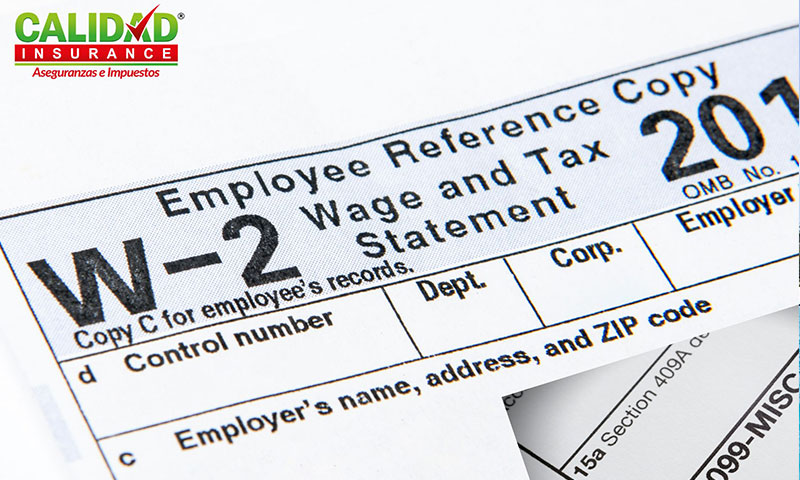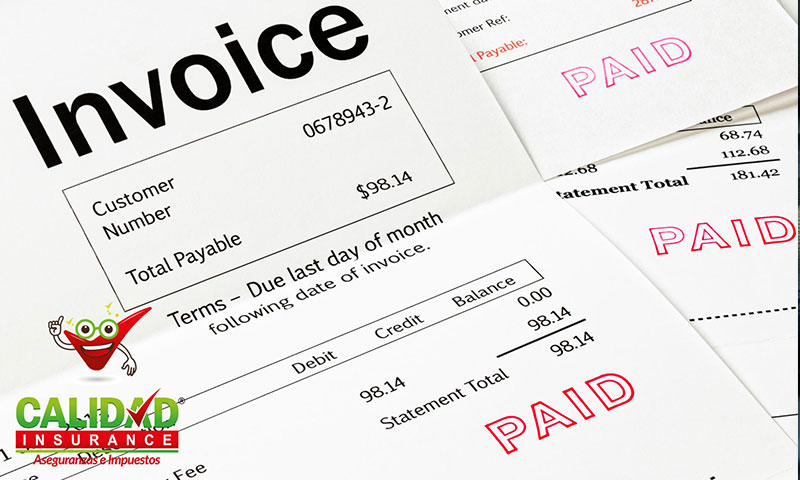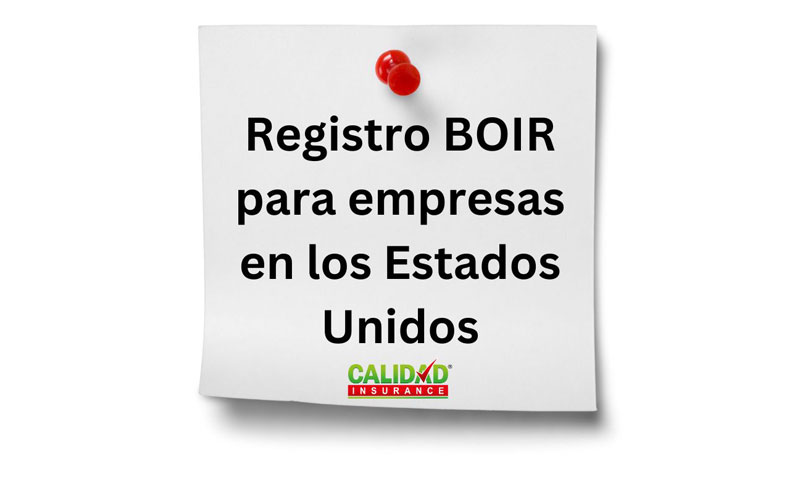
Importancia de Tener un Seguro de Vida Universal Indexado
November 22, 2019
Diferencias Entre Formularios W2 y 1099-MISC
January 6, 2020¿Cuales Son Las Dos Formas De Pagar Reclamos En Polizas Comerciales?

Si tienes o estas pensado obtener una póliza de Seguro de Responsabilidad Civil Comercial (Commercial General Liability - CGL), es importante que entiendas las diferentes formas en las que estos seguros cubren un reclamo en caso de un accidente. Estas pólizas se pueden clasificar en Siniestros Ocurridos (Occurrence) o Reclamación Hecha (Claims-Made) y generalmente la clasificación la hace la compañía de seguros, dependiendo el tipo de riesgo que van a asumir.
OCCURRENCE
Son aquellas que pagan reclamos por daños o lesiones que ocurrieron durante el periodo de póliza activo, independientemente de cuando el reclamo sea hecho. Por ejemplo:
Tu negocio es un supermercado y un cliente tiene un accidente mientras hace las compras. La fecha del accidente es marzo 10 de 2017. Dos años después el cliente decide demandarte por el accidente que tuvo en tu negocio. El reclamo es hecho en mayo 15 de 2019. Tu póliza pagará basado en cuando el accidente ocurrió. De tal manera, tu seguro si pagara daños ocasionados al cliente que se accidentó.
| Periodo de la Póliza | Asegurado | Fecha del Accidente | Fecha del Reclamo |
|---|---|---|---|
| 01/01/2017 – 01/01/2018 | SI | 03/10/2019 | |
| 01/01/2018 – 01/01/2019 | SI | ||
| 01/01/2019 – 01/01/2020 | NO | 05/15/2019 |
CLAIMS MADE
Son aquellas que pagan reclamos reportados durante el periodo de póliza activo, independientemente de cuando ocurrió el accidente. Las pólizas Claims-Made tienen una fecha retroactiva, es decir, solo los reclamos por accidentes ocurridos a partir de esa fecha serán cubiertos. Por ejemplo:
Usando el mismo ejemplo del supermercado, tu cliente tiene un accidente en marzo 10 de 2017. Debido a que el reclamo se hizo en Mayo 15 de 2019, la póliza va a pagar al cliente basado en cuando el reclamo fue hecho. De tal manera, como en esta fecha el supermercado no estaba asegurado, tú serás responsable por pagar este reclamo, a no ser que le pongas a esta póliza el Suplemento de Periodo de Reclamación Extendido. (SERP, por sus siglas en ingles). Este es un “endorsement” a la póliza que venció o expiró y extiende el periodo de reclamación para siempre.
Es importante que al momento de adquirir una póliza comercial tengas conocimiento de cómo será el proceso de reclamación y así estés seguro de que tienes la cobertura indicada para tu negocio. En Calidad Insurance te asesoramos para que tengas tranquilidad y sepas que estas protegido de la manera correcta. Contáctanos con cualquier pregunta sobre tu seguro comercial.
¡LLAMANOS O VISITANOS A TU OFICINA MAS CERCANA!
¡Te podemos cotizar y asesorar GRATIS!
¡Busca tu oficina mas cercana!
What are the two ways to pay claims in commercial policies?
If you have or are thinking of obtaining a Commercial General Liability (CGL) insurance policy, it is important that you understand the different ways in which these insurances cover a claim in the event of an accident. These policies can be classified as Occurrence or Claim Made (Claims-Made) and generally, the classification is made by the insurance company, depending on the type of risk they are going to assume.
OCCURRENCE
They are those that pay claims for damages or injuries that occurred during the active policy period, regardless of when the claim is made. For example:
Your business is a supermarket, and a customer has an accident while shopping. The date of the accident is March 10, 2017. Two years later the client decides to sue you for the accident he had in your business. The claim is made on May 15, 2019. Your policy will pay based on when the accident occurred. In this way, your insurance would pay for damages caused to the client who had an accident.
| Policy Period | Insured | Accident Date | Claim Date |
|---|---|---|---|
| 01/01/2017 – 01/01/2018 | SI | 03/10/2019 | |
| 01/01/2018 – 01/01/2019 | SI | ||
| 01/01/2019 – 01/01/2020 | NO | 05/15/2019 |
CLAIMS MADE
They are those that pay reported claims during the active policy period, regardless of when the accident occurred. Claims-Made policies have a retroactive date, that is, only claims for accidents that occurred after that date will be covered. For example:
Using the same supermarket example, your client has an accident on March 10, 2017. Since the claim was made on May 15, 2019, the policy will pay the client based on when the claim was made. Therefore, since the supermarket was not insured on this date, you will be responsible for paying this claim, unless you add the Extended Claim Period Supplement to this policy. (SERP, for its acronym in English). This is an "endorsement" to the policy that expired or expired and extends the claim period forever.
It is important that at the time of acquiring a commercial policy you are aware of what the claim process will be like and thus be sure that you have the coverage indicated for your business. At Quality Insurance we advise you so that you have peace of mind and know that you are protected in the right way. Contact us with any questions about your business insurance.




